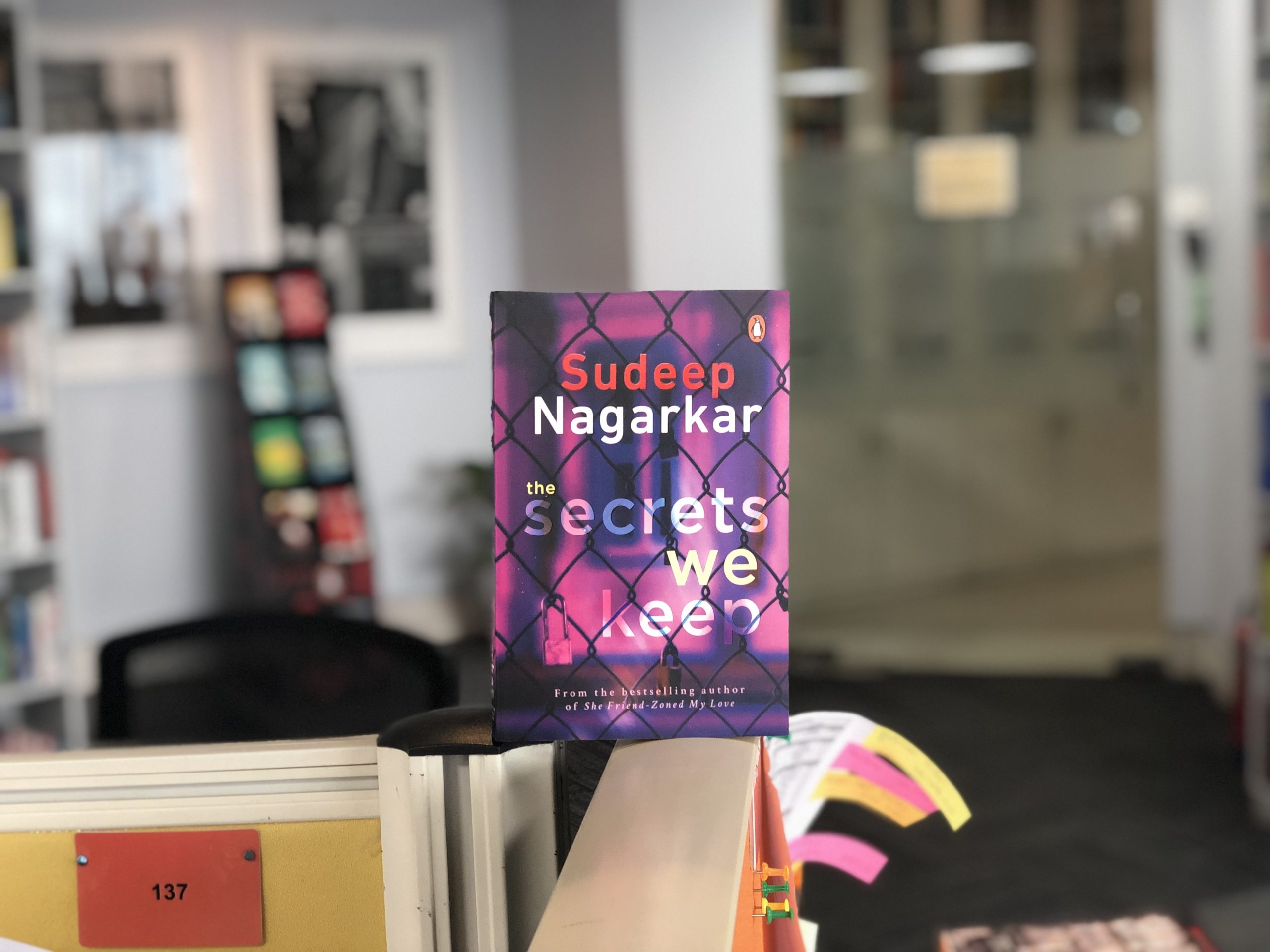Known as the ‘four horsemen’ of New Atheism, these four big thinkers of the twenty-first century met only once. Their electrifying examination of ideas on this remarkable occasion was intense and wide-ranging. Everything that was said as they agreed and disagreed with one another, interrogated ideas and exchanged insights – about religion and atheism, science and sense – speaks with urgency to our present age.
The dialogue was recorded, and is now transcribed and presented in The Four Horsemen with new introductions from the surviving three horsemen.
Get to know more about these Four Horsemen:
Richard Dawkins (d’Artagnan)
Richard Dawkins is responsible for introducing evolutionary biology and Darwinism to generations. His books The Selfish Gene and The Blind Watchmaker, never out of print, continue to inspire,inform and amaze. As the first holder of Oxford University’s Simonyi Professorship for the Public Understanding of Science, he acquired a worldwide reputation as a sceptic, ‘passionate rationalist’, ‘proud atheist’, and witty exposer of charlatanism and fakery couched in pseudo-scientific language.
Sam Harris (Aramis)
Harris’s influential books The End of Faith and Letter to a Christian Nation were followed by a later book and subsequent highly popular podcast series called Waking Up, which focus on his great interest in exploring how morality and spirituality can flourish outside religious teaching.
Daniel Dennett (Athos)
Professor Dennett writes on the mind, evolutionary biology, free will and much else besides. His book Breaking the Spell: Religion as a Natural Phenomenon caused plenty of fluttering in academic, intellectual, religious and political
Christopher Hitchens (Porthos)
His preternaturally fluent articulacy, breadth of learning, extraordinary recall, diablerie, sauciness and panache raised his mastery of debate to a level unmatched in his lifetime. We are fortunate that this child of the 1960s and ‘70s did at least make it into the YouTube era; many of his coruscating flagellations of the dim-witted, malevolent, ill-informed and unprepared live on in cyberspace as well as in the pages of his many articles, essays and books.
With a sparkling introduction from Stephen Fry, The Four Horsemen makes essential reading for all their admirers and for anyone interested in exploring the tensions between faith and reason.











































